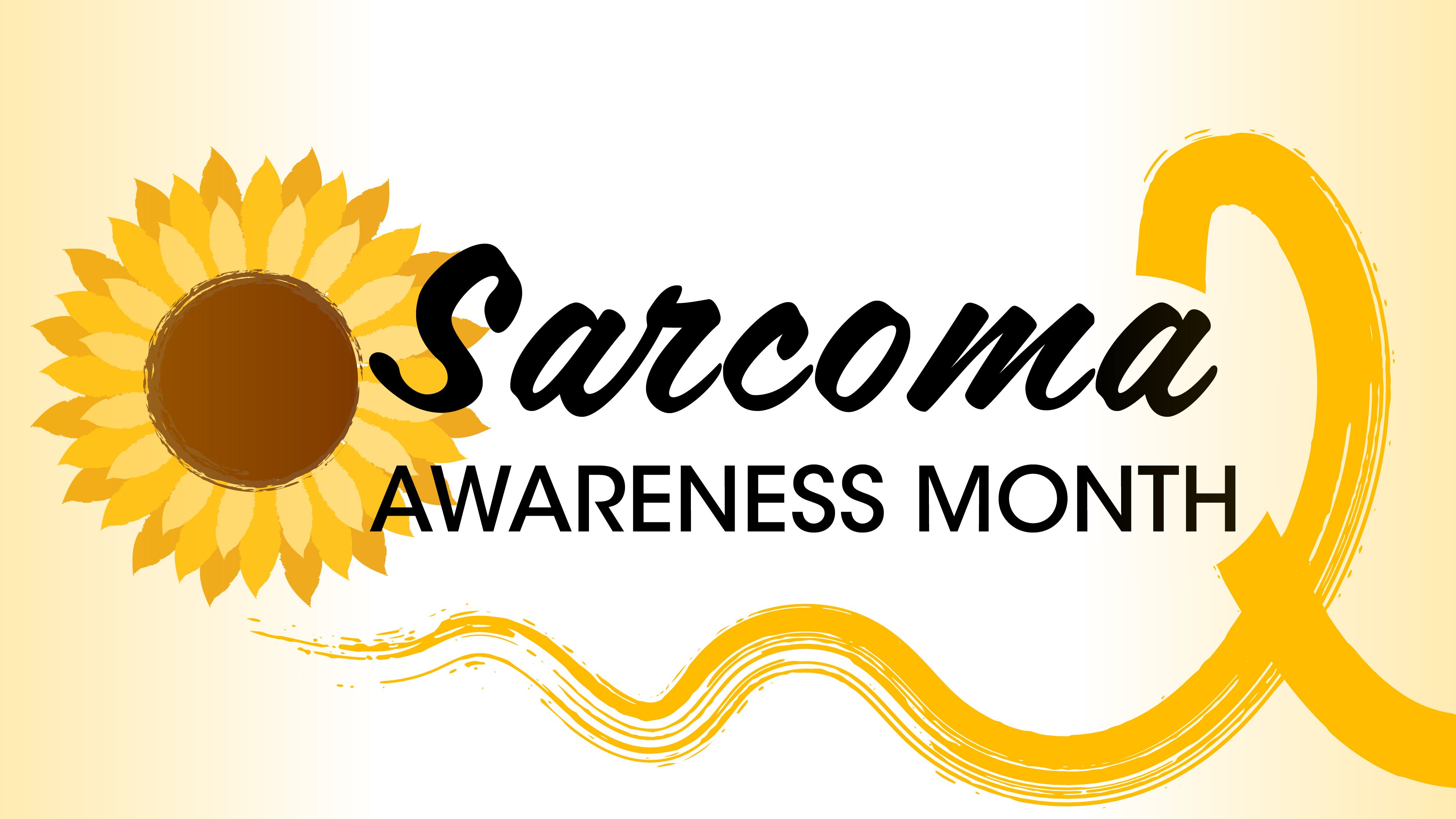
Novel Therapies May Lead to More Treatment Options in Sarcoma Subtypes

CAR T-cell therapies and immunotherapy agents may offer up new options and even become standard of care in certain sarcoma subtypes.
A number of developments are taking place within sarcoma subtypes that may have the potential to impact the standard of care in select patient subgroups, bolstering the armamentarium and potentially resolving unmet needs, according to Sandra P. D’Angelo, MD.
This includes CAR T-cell therapies such as a famitresgene autoleucel (afami-cel), which was investigated in a phase 2 trial (NCT04044768) in a population of patients with advanced synovial sarcoma or myxoid round cell liposarcoma.1 D’Angelo indicated that the product has the potential to become a standard of care in the synovial sarcoma population.
During a conversation with CacnerNetwork®, D’Angelo, a sarcoma oncologist and cellular therapist at Memorial Sloan Kettering Cancer Center, discussed how envafolimab may hold promise in undifferentiated pleomorphic sarcoma (UPS) and expanded on the potential of immune checkpoint inhibitors in dedifferentiated liposarcoma.
Transcript:
A phase 2 trial [utilizing] afami-cel trial has been conducted and completed. Afami-cel targets MAGE-A4, and was found to be quite promising, specifically [in] synovial sarcoma. A BLA is in progress at the moment. We’re optimistic that perhaps it’ll become a new standard of care for patients with synovial sarcoma.
We don’t have many immunotherapy approvals other than atezolizumab [Tecentriq] for alveolar soft-tissue sarcoma, but there’s also an ongoing trial called the phase 2 ENVASARC [NCT04480502] that utilizes checkpoint blockade envafolimab in UPS.2 That trial has the prospect of allowing envafolimab to ultimately be FDA-approved.
There’s a phase 3 trial [NCT04967521] ongoing with abemaciclib [Verzenio], which is a CDK4 inhibitor. Much work has been done with CDK4 blockade and dedifferentiated liposarcoma.3 Much of that work has been led by my colleague at MSKCC [Memorial Sloan Kettering Cancer Center] Mark A. Dickson, MD. This is a pivotal trial, randomizing abemaciclib to placebo to ultimately, hopefully, demonstrate improvement over placebo to lead to advancements in dedifferentiated liposarcoma. There are also a number of other studies [assessing other agents]; for example, MDM2 inhibition has been studied extensively in liposarcoma. There’s now a frontline trial comparing an MDM2 inhibitor to doxorubicin in dedifferentiated liposarcoma.
Those are the trials that are furthest along for development at the moment, and the ones that we think are perhaps closest to impacting the standard of care in the short term.
References
- D’Angelo SP, Van Tine BA, Blay JY, et al. SPEARHEAD-1: a phase 2 trial of afamitresgene autoleucel (Formerly ADP-A2M4) in patients with advanced synovial sarcoma or myxoid/round cell liposarcoma. J Clin Oncol. 2021;39(suppl 15):11504. doi:10.1200/JCO.2021.39.15_suppl.11504
- TRACON Pharmaceuticals announces results of independent data monitoring committee review of 12 week safety data from ENVASARC phase 2 pivotal trial - trial to proceed as planned. News Release. TRACON. October 6, 2022. Accessed July 20, 2023. https://yhoo.it/3RJSgzW
- Dickson MA, Ballman KV, Weiss MC, et al. SARC041: a phase 3 randomized double-blind study of abemaciclib versus placebo in patients with advanced dedifferentiated liposarcoma. J Clin Oncol. 2023;41(suppl 16):TPS11587. doi:10.1200/JCO.2023.41.16_suppl.TPS11587
Newsletter
Stay up to date on recent advances in the multidisciplinary approach to cancer.





































